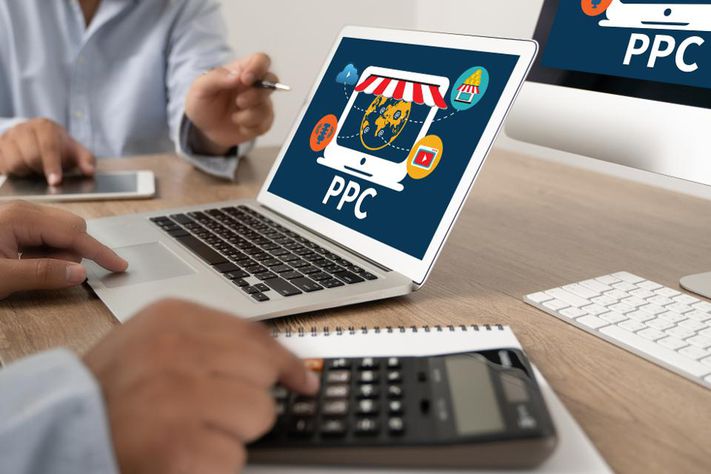Web traffic is generated in two ways: search engine optimization (SEO) and pay per click (PPC). Success in business requires choosing one. Or does it?
Digital marketing is not one size fits all. Your strategy depends on your business, market and goals. An integrated approach may even be best.
There are pros and cons to both, so let’s break down each strategy and explore what an integrated approach can accomplish, too.
Asking The Right Questions
Before deciding which strategy is ideal, you need to figure out your digital marketing goals and limitations. Ask yourself:
• “What is my budget?” SEO might be best for a lean budget, although SEO does take longer to generate noticeable traffic. If you have a bigger budget, PPC will generate faster results, but it might take longer to reach your desired return on investment (ROI).
• “What’s my industry’s average cost per click (CPC)?” Without doing industry specific research, you won’t know how much PPC costs. For example, the keywords “bail bonds” might cost $60 per click for a bail bond business. In a different industry, you might pay just a couple of dollars per click.
• “What’s the search engine results pages (SERP) competition for my industry?” In some industries, it’s impossible to get placement on page one without a major investment. That may make PPC not worth it.
Increasing Organic Traffic With SEO
The goal of SEO is to land on page one of the search results. Since there is mystery to the algorithms that determine rank, it can take significant research and trial and error to get SEO right. The best SEO strategy is what already works: keywords and a positive user experience.
SEO also provides a marketing advantage for small and local businesses. Google gives preference to locally relevant keywords, often prioritizing small businesses in organic search.
Targeting Your Audience With PPC
PPC generates traffic through paid search. When an ad is clicked, you pay based on keywords used. You bid on keywords hoping that your paid advertisement will land at the top of Google search results.
Google’s formula for choosing which bid wins and gets top placement stems from a combination of your top bid amount and your ad quality score. This means that the top bid doesn’t always win. Don’t worry, though. The “auction” for keywords takes place billions of times monthly to ensure users find relevant ads.
PPC can pay off if you have the budget. It’s a guaranteed way of getting your ad the best placement, especially if you can afford to experiment and determine which keywords and ads produce the highest ROI.
The Pros Of SEO
• SEO costs less: The only real cost is time spent on optimization. You can pay a professional company, but even then the cost can be significantly less than the typical PPC campaign.
• It lends greater credibility: As you can imagine, paid ads get less clicks than organic search results.
• Conversion rates are higher: Since their search was targeted to begin with, chances are better that users will convert without needing to be sold on your product or service.
• It increases visibility: SEO increases visibility for your brand, generating more traffic.
• SEO offers better CTR: Organic searches have a statistically higher click-through rate than PPC.
• SEO is more sustainable: Has your marketing budget run dry? No problem — you probably won’t need to adapt your SEO strategy like you would your PPC strategy.
The Pros Of PPC
• PPC gets the job done: Once your bid is made and your ad is placed, you’re going to see more traffic faster than with organic search.
• You can measure and change results: Real-time analytics tells you which PPC campaigns are successful and why. If something isn’t working, you can immediately change it before it negatively impacts long-term results.
• PPC contributes to multiple business goals: PPC supports multiple parts of the sales funnel.
• You can more accurately target your audience: PPC allows you to focus on specific sectors that may otherwise be hard to reach.
• PPC is adaptable: Want to spend just a little? Ready to go all-in? It’s up to you and can always be adapted.
Do SEO And PPC Make Good Partners?
Usually.
You can balance SEO and PPC to make them work synergistically, negating their respective downsides. For example, you can apply the keyword and conversion data from your PPC campaign to your SEO strategy, or you can use both strategies to target your audience at every point of the customer journey.
An integrated strategy can optimize both PPC and SEO to increase visibility, drive traffic and provide an overall better experience. It could be the exact digital marketing game plan your business needs.
Article Provided By: Forbes
![]()
If you would like to discuss Your Website Traffic with Mojoe.net or your website’s analytics, custom logo designs, social media, website, web application, need custom programming, or IT consultant, please do not hesitate to call us at 864-859-9848 or you can email us at dwerne@mojoe.net.

